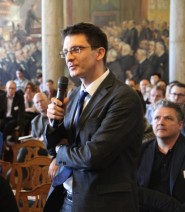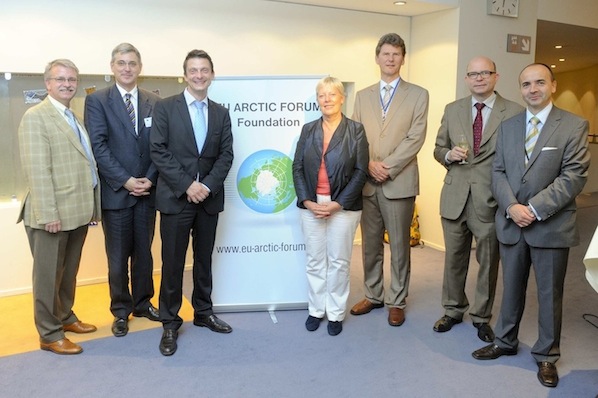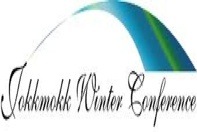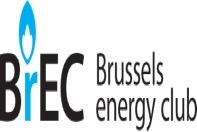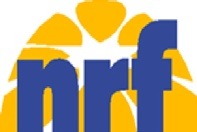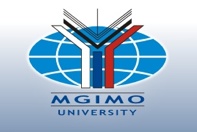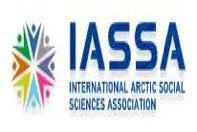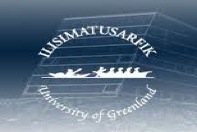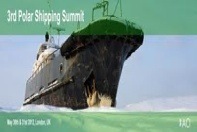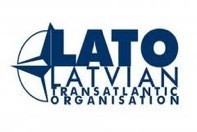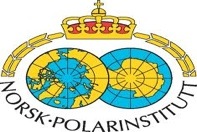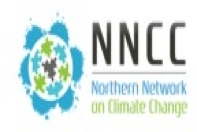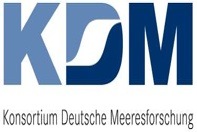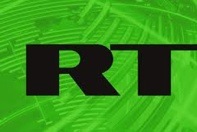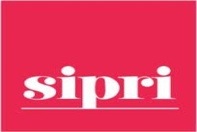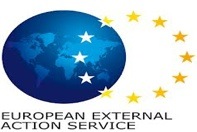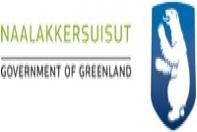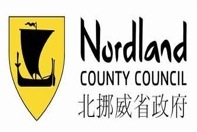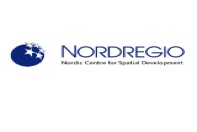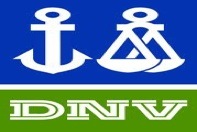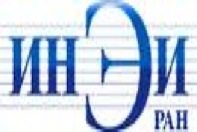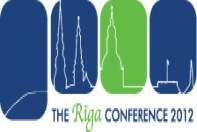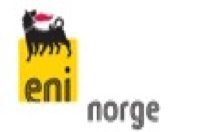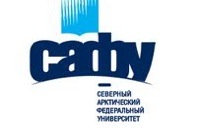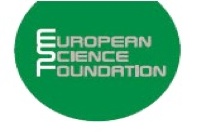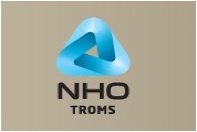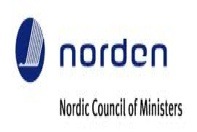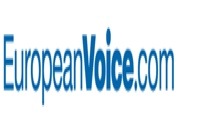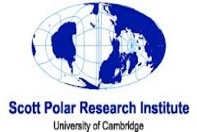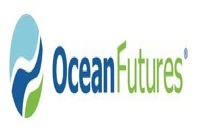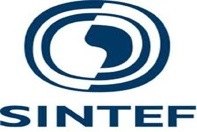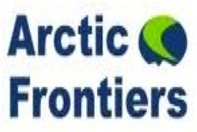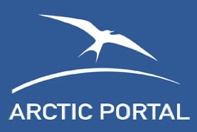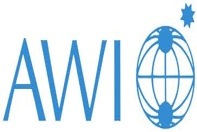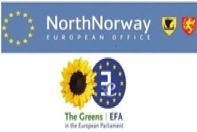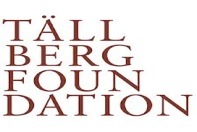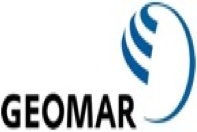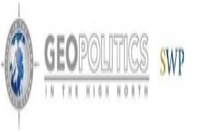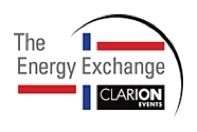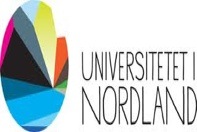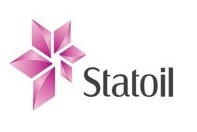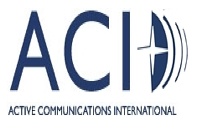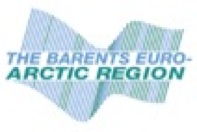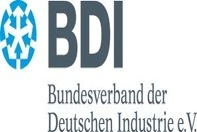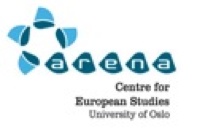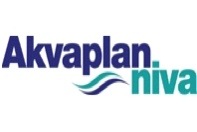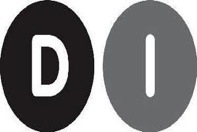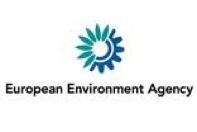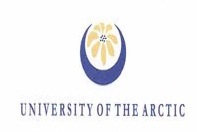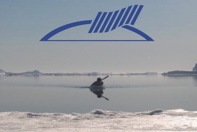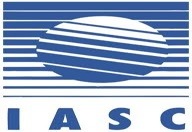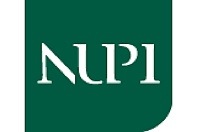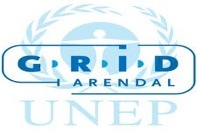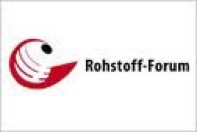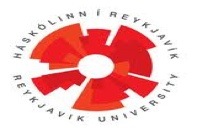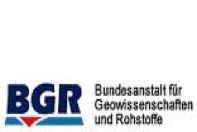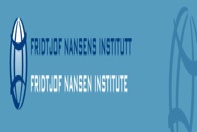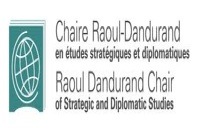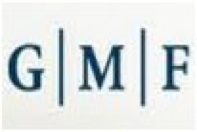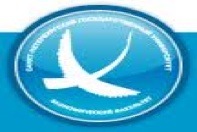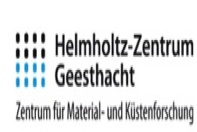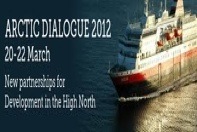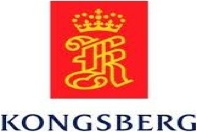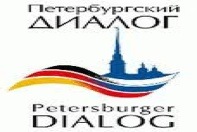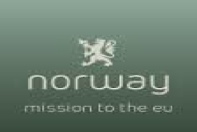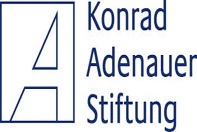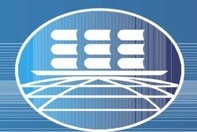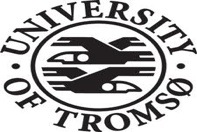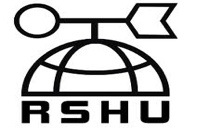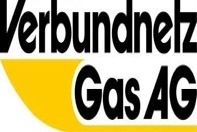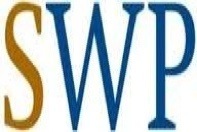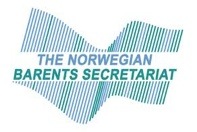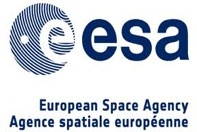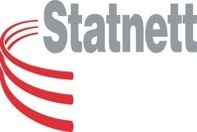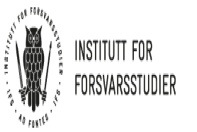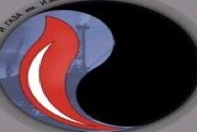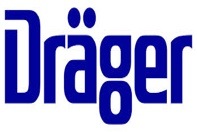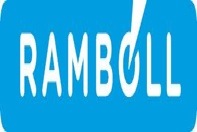EU Commission publishes Arctic Communication and the EU Arctic Forum takes next steps
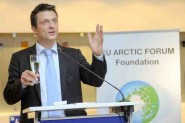
“Good things take time!” After months of preparations, the EU Commission will publish its long awaited New Arctic Communication, incorporating the prepared progress report, and highlighting the European Union’s commitment to the Arctic.
Meanwhile, the EU Arctic Forum is transforming its base into a foundation, while continuing its function as the Arctic platform collaborating with the European Parliament, the European Commission and the European External Action Service (EEAS). This newsletter therefore reports on a number of activities and contributions both with old and new partners.
EDITORIAL Summer 2012
Dear Readers of the European Arctic Newsletter around the globe and around the poles, the EUAF presents you with updates on Arctic activities and policies before the summer break isn’t easy as news from and related to the Arctic has been plenty in the last months. It is a matter of picking and choosing when space is limited, which is why we can only provide you with an overview of some significant developments both in Europe, with regards to the Arctic, and from the Arctic Region itself – including an update of the work and the development of the EU Arctic Forum also becomes part of the significant development.
We congratulate President Olafur Grimsson of Iceland on the occasion of his election to a fifth term as president last Sunday, and Iceland’s Ministry of Foreign Affairs, which just recently succeeded in opening new chapters in the negotiations for accession to the EU. President Grimsson, quite an outspoken politician, also when it comes to developments in the Arctic, strongly emphasizes the importance of developments in the Arctic, not least for Europe. Both the presidential elections and accession negotiations are covered in a brief update in our newsletter.
The next Step towards an EU Arctic Policy – new Arctic Communication by the Commission
Following the Commission Communication in 2008 and the Council Conclusions in 2009, the 2011 Report of the European Parliament, closely connected to the work done in the EU Arctic Forum, was so far the latest EU document on the Arctic. Succeeding a request by Council and Parliament, the Commission has been working on an Arctic Progress Report. Given the political circumstances, not least the application of the EU to become a permanent Observer in the Arctic Council, the European Commission engaged in preparations for a more forward looking document under the Danish EU Presidency. The work of the European Commission is now resulting in the publication of a new Arctic Communication. In spring the EU Arctic Forum provided the platform for the core EU institutions in a meeting.
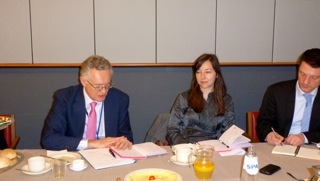
From left to right: Richard Tibbels, Head of Unit EEAS, Zuzanna Bieniuk, Policy Officer, Steffen Weber
The basic lines and political implications of this long awaited EU document have been discussed by Bernhard Friess, Director in DG Mare, Matthew King, Head of Unit in DG Mare, responsible for coordinating the work within the involved DG’s of the Commission, by Richard Tibbels, Head of Unit in the EEAS as well as several MEP’s. The meeting was arranged for the parliamentary format of the EU Arctic Forum under the aegis of MEP Michael Gahler, rapporteur of the European Parliament on the Arctic. Information on this meeting can be found in this newsletter.
European Commission and High Representative have published the Communication to the Parliament and Council The EU and the Arctic: Progress since 2008 and next steps. The Communication is accompanied by two staff working papers: “Space and the Arctic” and “the inventory of activities in the framework of developing a EU Arctic policy”.
Readers of this newsletter will be among the first to download the new Arctic Communication of the EU from:
http://eeas.europa.eu/arctic_region/index_en.htm
http://ec.europa.eu/maritimeaffairs/policy/sea_basins/arctic_ocean/index_en.htm
Developments in the Arctic and expert debates
The last few months have been truly remarkable. Signs of unprecedented effects of climate change, such as new record lows in sea ice, signs of a fast developing cooperation in the Arctic Region and an increased global interest in the Arctic place the Arctic on today’s global agenda. The signing of the first legally binding agreement by the Arctic Council Members in Nuuk on Search and Rescue, ongoing work on a new agreement on oil spill, the ratification of the landmark border delimitation agreement in the Barents Sea by Russia and Norway last year, followed now in June 2012 by an offering of 72 blocks of the Norwegian Arctic in the 22nd licensing round for oil and gas explorations indicate a new tempo in Arctic development.
In addition we witness increased activities in mining, i.e. on rare earth and other minerals – not least in Greenland – which also triggered increased interest in China and Europe, while Iceland earned some attention with regard to possible implications of its developing relations with China. All this has stepped up a general focus, diplomatic efforts, budgets and economic activity aimed at the Arctic.
Russia has declared the Arctic to be a strategic resource base and is reaching out for partnerships in its efforts to modernize and further develop its resources, technologies and transport infrastructure, in particular for the Northern Sea Route, President Putin’s vision of a grand national transport corridor. In the US, Alaska experiences an increased level of activities, spearheaded by Shell and others, starting up exploration activities.
At alarming news of new record low in Arctic sea ice, scientists and decision makers around the globe gathered in the largest ever polar conference, at the “From Knowledge to Action” conference in Montreal to present alarming findings of the International Polar Year regarding speed and effects of climate change, but also to discuss adaptation in a dramatically changing environment in the Arctic. The EUAF took part in the IPY and this newsletter reports on the conference.
As mentioned, the EU is taking a next step in its Arctic policy. Nevertheless, one should not neglect the various other fields in which EU policies and programs produce a concrete effect on the Arctic: ongoing developments in the energy sector, the raw materials sector , i.e. rare earth, the formulation of programs for the new research framework program, Horizon 2020, a new period in the INTERREG program, programs and projects in the transport sector, including the Northern Sea Route, infrastructure projects, and increased connectivity of Europe and the High North with Europe just to mention some.
To safeguard a lasting impact and ensure that experiences and interests of stakeholders in the Arctic are timely, well represented and taken into account in these processes in the EU system, cooperation is needed with old and new partners. Also in that context the EUAF defines its role in contributing as a bridge builder. The EUAF was particularly pleased to continue the cooperation with the Barents Region through several meetings, discussing the growing importance of the Barents Euro Arctic Region in Europe. The special connection to the Barents Region was also visible during the EUAF’s participation in the annual Jokkmok Winter Conference.
The growing interest of business, increased attention to the importance of businesses and their activities in the Arctic was discussed by members of the political class during a number of conferences, co-organised and contributed to by the Forum.
Reports on the Conferences on Arctic Energy in Brussels, Russia Offshore in Moscow, Arctic Shipping in London and Raw Materials in Copenhagen can be found in this newsletter and on the homepage.During a conference of the global think tank network Geopolitics North, to which the EU Arctic Forum contributes, organized by the German Institute on Foreign and Security Affairs, SWP in Berlin, one of the science partners to the Forum, with participants from Russia, Norway, Finland, Denmark, Sweden, Germany, the EU Commission, the US and Canada, among them State secretaries, Ambassadors, State officials and academics. Steffen Weber, Secretary General of the EUAF, chaired a panel during which the role of the EU in the Arctic as well as the future of the Arctic was discussed among leading think tanks, diplomats and business association leaders.
Details of this conference are provided in this newsletter, as well as reports of other conferences and meetings to which the EU Arctic Forum contributed.
In the wake of the increased global focus on Arctic related issues like climate change, environmental issues, energy and raw materials, including rare earth minerals, transport, infrastructure and arctic shipping as well as research and technology, and due not least to repeated demand of old and new partners of the EU Arctic Forum, Steffen Weber, Secretary General of the Forum, has explored how to further develop the EU Arctic Forum to meet this demand and to work on more long-term strategic ground in order to ensure the continuation of its function as a bridge builder between Europe and the Arctic.
By nature, bridges are not part of only one institution, as they need partnerships from others to grow. Therefore, the European Arctic Forum Foundation i.F. is created as a base for the EU Arctic Forum. It is currently in the process of broadening its base to ensure a balanced participation, thus offering opportunities for more partners to be actively involved in the Foundation.
The European Arctic Forum Foundation connects and provides a platform for politics, businesses, civil society as well as academia across Europe and the Arctic region. The Foundation constitutes the base also for a specific policy interface – the EU Arctic Forum – and, in addition, works with its partners on specific fora aiming to better engage stakeholders from the Arctic and Europe and to address priorities and challenges for stakeholders in politics, society, science and businesses.
The EU Arctic Forum includes a special parliamentary format, which is continuing to serve as the European Parliament’s platform on Arctic Issues.
For more information on the background and development of the EU Arctic Forum, please read the “About Us” Section on our homepage.
Development and Perspectives
In the past months the EU Arctic Forum organized or contributed not only to a number of conferences and meetings with old and new partners, but also to a number of publications in several contexts. As expressed above, the European Arctic Forum Foundation is in a phase of widening its scope and welcomes new partners and experts to its Advisory board.
We are very grateful for the continued collaboration with old cooperation partners like the Barents Regional Council, the North Norway Office, and other Norwegian and Nordic partners, Arctic science institutions and networks such as the University of the Arctic, IASSA and IASSAC, and we are particularly pleased to welcome new partners, such as the Geopolitics North Network, the German Institute on Foreign and Security Policy, SWP, the Konrad Adenauer Foundation and the Brussels Energy Club. Likewise we are honored to welcome new members to our Advisory board, a number of well respected experts and decision-makers, from several Arctic countries, amongst those the Chair of the Conference of Arctic Parliamentarians.
The European Arctic Forum Foundation has hit the ground running and we welcome suggestions and ideas to increase and strengthen our efforts in building bridges between politics, business and science with old and new partners of the Forum.
We wish you a good reading of the new EU Arctic communication as of the various reports and articles in this newsletter and wish all our readers a nice summer!
